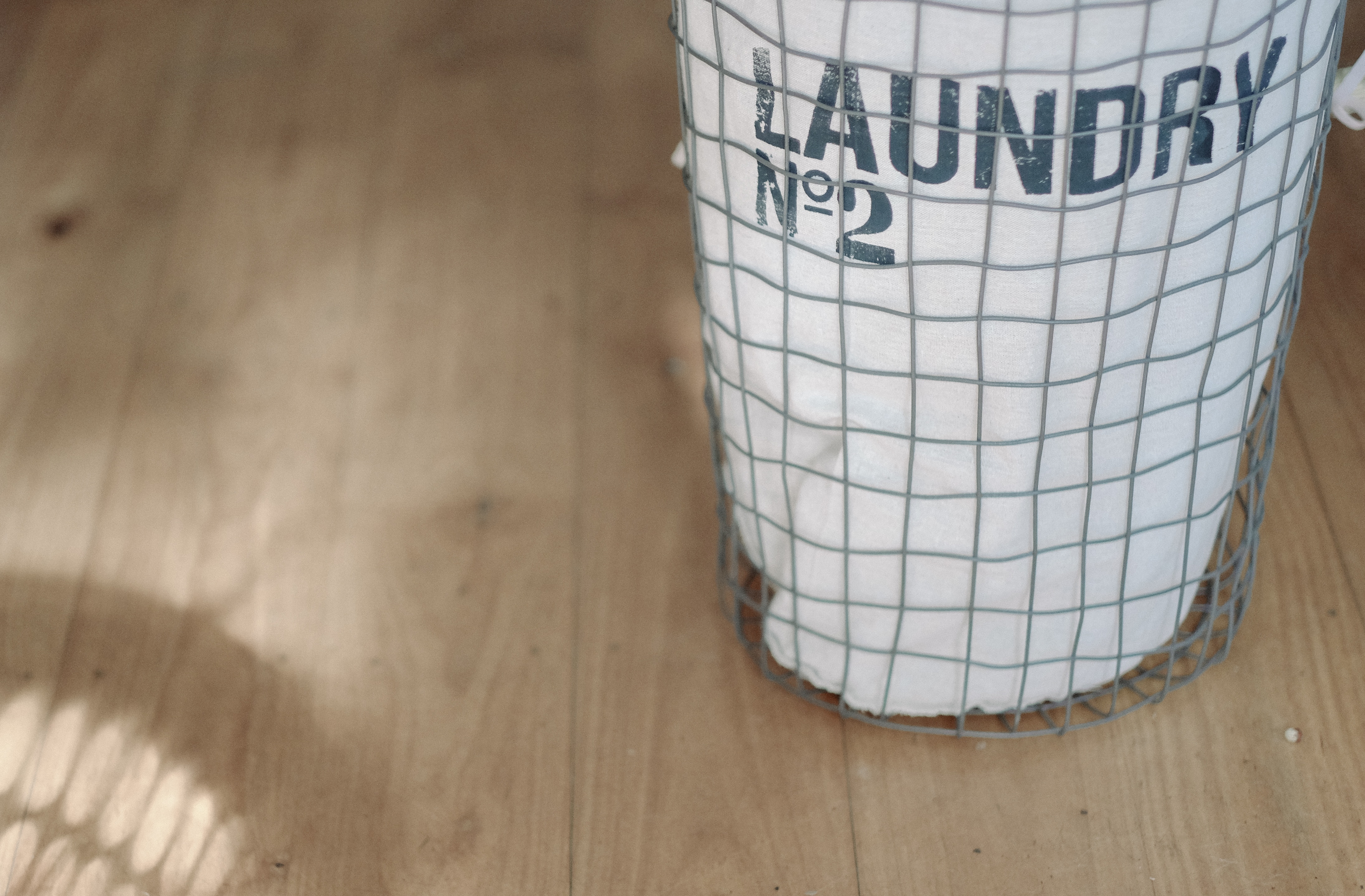To prevent clutter, take tiny, deliberate steps, one after another!
“There is always a step small enough from where we are to get us to where we want to be. If we take that small step, there’s always another we can take, and eventually a goal thought to be too far to reach becomes achievable. “-Ellen Langer, Harvard University Psychology Professor
Consider the following scenarios:
Maybe your goal is to remodel your kitchen, but right now your kitchen cabinets are cluttered and bursting at the seams. Your counter space (where there is any) is used by your children for studying. The kitchen is the hub of your home, where you pay your bills, make school lunches and entertain. You can’t even imagine how you could get rid of all the clutter and get ready for a remodel and then live without a kitchen for weeks on end. Feeling overwhelmed, you put the remodel on indefinite hold.
Maybe you’d like to catch up on laundry-permanently, but you have an enormous pile of dirty laundry on the floor of your laundry room and more in the bedrooms. You still have plenty of things to wear but you have lost some favorite items in your laundry pile. No matter how much you try, the piles never go away, in fact they get bigger. You can’t imagine it being possible to have all the laundry clean and put away. In fact, you’re about ready to give up altogether.
Maybe you’d like to work remotely from home but your office and paperwork are so out of control you can barely see your desk. You have a file cabinet, but the drawers are full and nothing else will fit. More and more paper enters your home every day and no matter how much you recycle the piles keep growing. Working from home would just make you feel anxious and stressed.
Perhaps these scenarios sound overly exaggerated. I promise you they are real situations we have helped our clients work through! We’ve prepared homes for remodels. We’ve organized closets and laundry rooms. We’ve decluttered many an office!
But once your professional home organizer leaves, how you prevent things from sliding back?
The Power of Noticing:
When practicing yoga, students are often instructed to pay close attention, to notice what their bodies are telling them. Bodies feel different every day and yoga students gently adjust their practice to benefit, never hurt their bodies. One can practice yoga every day, but to prevent harm, we need to pay close attention to what our bodies tell us.
Similarly, when taking care of our home (and by extension ourselves and our families) we can pay close attention, noticing areas of the home (like our bodies) which need attention or more tender care. It is through this process of paying close attention, and taking deliberate small steps, one after another, that we can prevent clutter, piles, and disorder – creating a healthy, peaceful home environment for us and our families.
Throughout your day, notice everything you touch in your home and think of it in terms of these questions: Do I really like this item? Do I need this item? Will this item contribute to clutter in my home? Does having this item increase my stress level? With the answers to these questions clearly in mind, perform one of the tiny steps below. Then do another tiny step. Then maybe a bigger step. Noticing your surroundings, you can gently remove clutter and thus prevent the overwhelming scenarios described above.
Examples of tiny steps:
Tiny step: Empty the trash/shredder in your office. Notice the clean space you have created today.
Tiny step: Toss all but the best few pencils and pens in your office. You need far fewer than you think. Notice whether you have more office supplies in other places around your home. Consolidate.
Tiny step: Shred a pile of old utility bills. Recycle old receipts for small items. Recycle old catalogues. Notice how frequently you read the magazines and catalogues you receive. Can you cancel your subscription and reduce the volume? Notice whether you miss these items.
Tiny step: Open your mail and toss the junk mail. Prepare the mail for processing. Notice how much mail you receive. Can you receive any of this paper electronically? Notice old copies of the same bill and shred unneeded old statements. Notice the free space in your file cabinet.
Tiny step: Unsubscribe from two or more newsletters. Delete a few old emails. Notice your emptier mailbox.
Tiny step: Fold and put away a load of laundry. Notice items in the drawers or closet that haven’t been worn in a long time. Place these clothes where you can see them next time you get dressed. Notice whether you chose to wear these items or whether they are left unused.
Bigger step: Fold and put away a load of laundry. As you do this, notice if you have room in your drawer for the clean laundry. Take everything out of an overstuffed drawer. Take out your least favorite items and donate them. Notice the ease with which your drawer closes and it becomes easier to put laundry away.
Tiny step: Fold laundry while watching a movie. Start a load of laundry as the movie begins. Put away the clothes after the movie ends and move laundry from washer to dryer. Start a load of laundry before going to bed. Write a note to yourself to remember to move the laundry in the am. Notice the pile of laundry start to recede.
Tiny step: Take out the trash and recycling. Notice whether there are boxes that need to be broken down. Notice bags of donations and place them in the passenger seat of your car.
Bigger step: Grab another trash bag and walk around your home for 5 minutes and toss in trash and anything that you don’t need. Cardboard boxes, broken toys, newspapers, napkins, empty bags, clothes with holes in them, orphan socks, mostly burned candles, old lotions or makeup. Take this bag of trash out. Notice how your home feels roomier.
Tiny step: Bring all dirty dishes into the kitchen from other rooms of the house. Notice when you leave a room and there are dishes left behind. Take them into the kitchen and place them in the sink of dishwasher.
Tiny step: Wash the dishes or start the dishwasher before going to bed. Enjoy the tidiness of the kitchen. Empty the dishwasher first thing in the morning. Notice the emptier sink and counter.
Bigger step: Put away clean dishes. Notice if the cabinet is full. Toss chipped coffee cups and drinking glasses. Notice whether there are other items that frequently go unused.
Bigger step: Donate any kitchen gadgets that you don’t use regularly. Notice whether you miss these gadgets. Toss plastic containers you don’t like or rarely use. Notice the space you created in your kitchen. What else can you put away in the newly created space?
Repeat. Repeat. Repeat and watch clutter disappear from your life. What tiny steps will you take?

